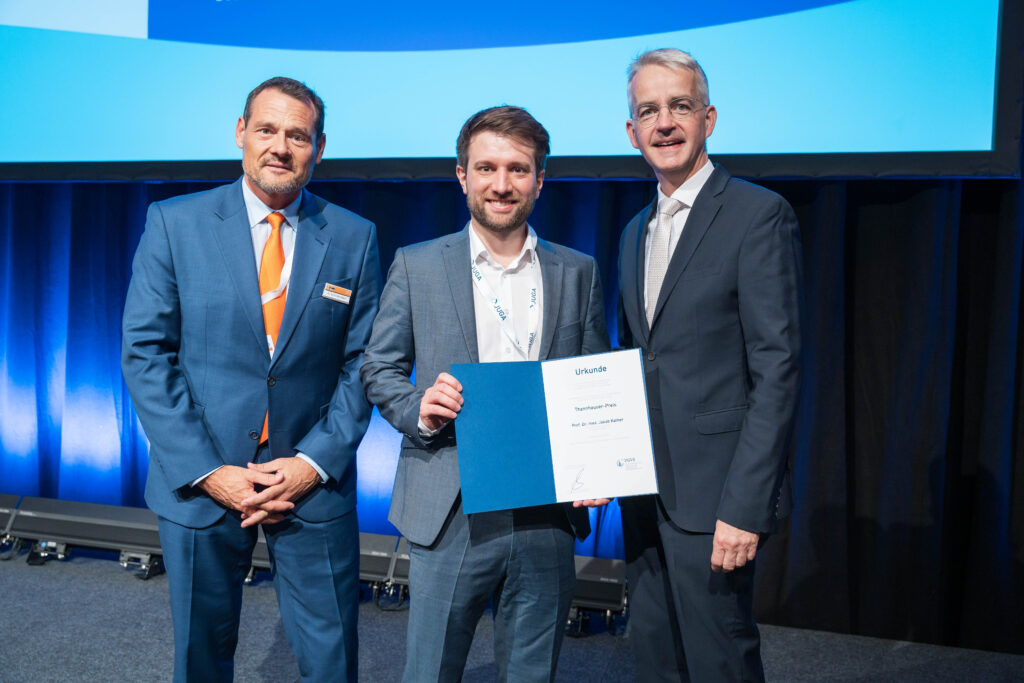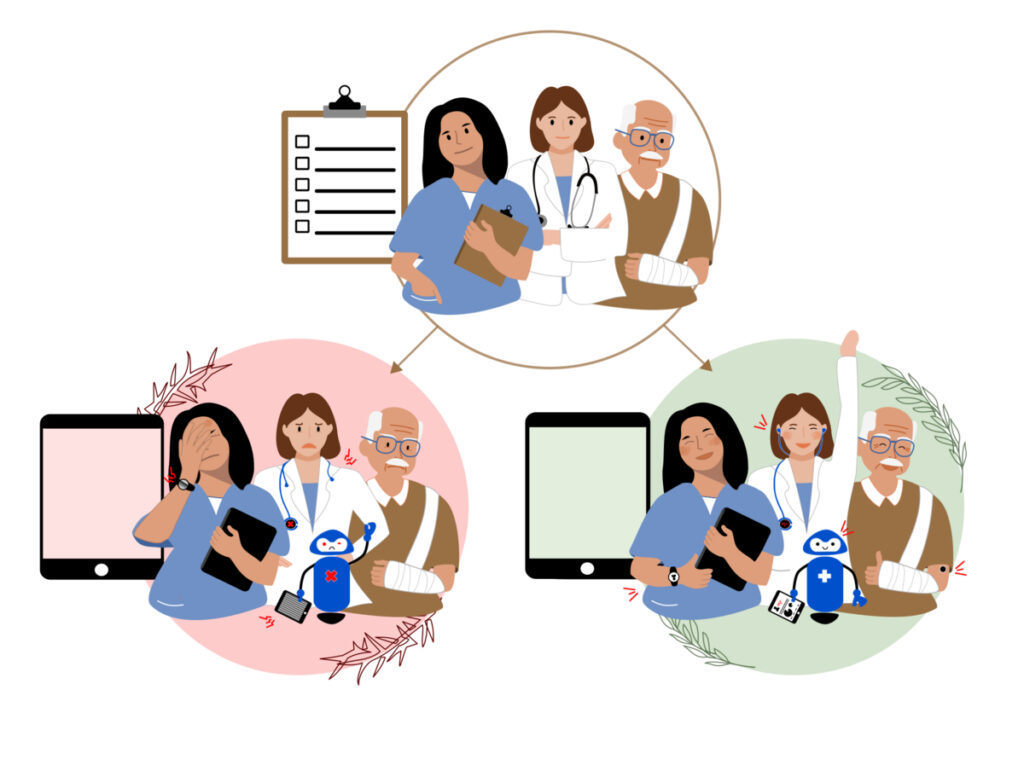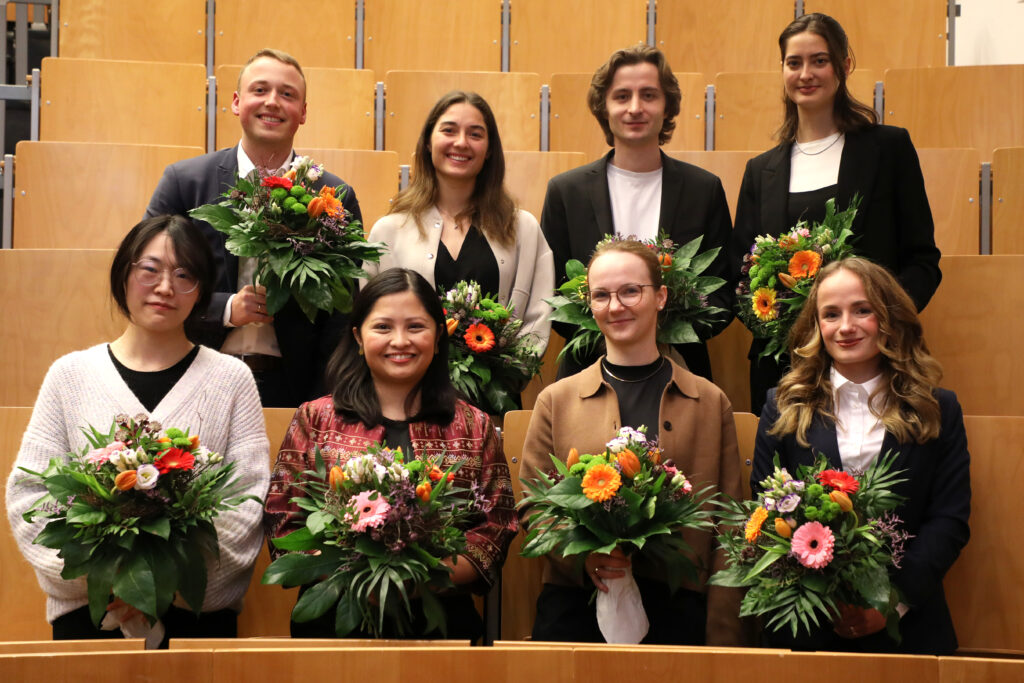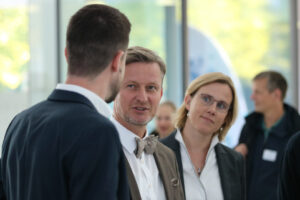AI-generated synthetic data for cancer research and clinical trials
Physicians, engineers and computer scientists are part of his Clinical AI-Team. They build a bridge between the disciplines. The research group with group leader Prof. Kather want to further develop clinical-pathological image analysis and evaluation of extensive image data using artificial intelligence and deep learning techniques. In order for artificial intelligence to provide optimal support in everyday clinical practice, interdisciplinary collaboration is essential. The background to the interdisciplinary collaboration envisaged at Dresden University Medical Center is to move quickly from the idea to the prototype, to identify clinically relevant problems, to develop new AI methods, and ultimately to clinically test and develop a medical product. This only works with a shared vision and short paths. This shall set standards in patient-oriented research on digital medicine.
With his paper „Swarm learning for decentralized artificial intelligence in cancer histopathology“ Prof. Kather and his team showed that swarm learning can be used to train artificial intelligence models for molecular profiling of colorectal cancer. In the future, swarm learning can be used to train distributed AI models for any histopathology image analysis task without transfering data. The results of the research work were published in Nature Medicine 2022 (https://doi.org/10.1038/s41591-022-01768-5). The award ceremony took place during Visceral Medicine 2022 in Hamburg. The Thannhauser Prize is awarded every two years for outstanding and pioneering scientific work in the field of digestive and metabolic diseases and is endowed with 10,000 euros. The prize is donated by the Falk Foundation e.V. in memory of the researcher Siegfried Thannhauser.
More News
Carl Gustav Carus Awards for three EKFZ affiliated young researchers







